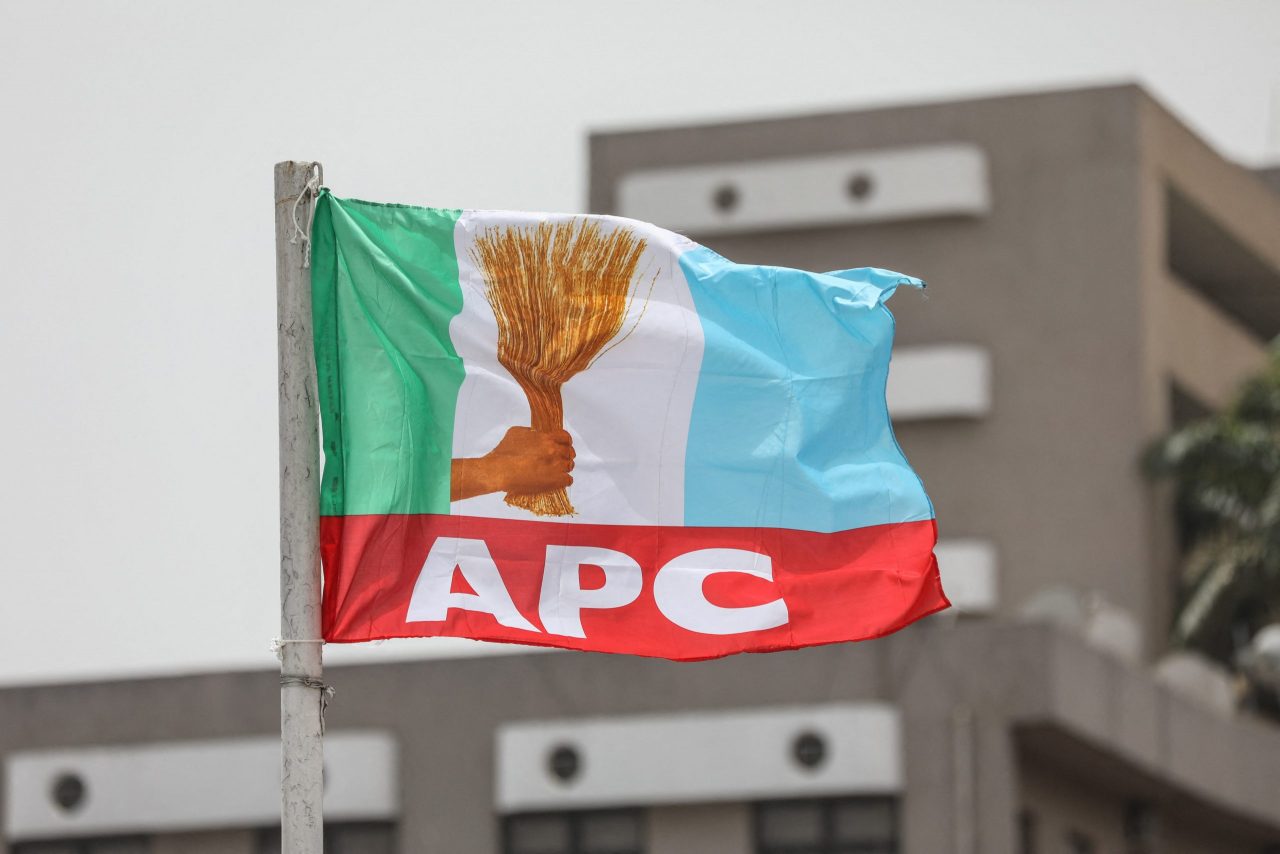
Which political party will organize a jamboree in the name of Convention when people are daily being massacred across the country? Which political association will fail to honour its agreement with teachers thus leading to the closure of all government-owned universities and then turn around to gather the students together in a stadium, taunting them as leaders of tomorrow when they have no idea of how long they will spend in the university? Which political party will ban the best avenue (Twitter) for the youths to do business and engage themselves productively only to lift the suspension in order to aid its selfish electioneering campaigns? I know you know the answer to these harmless questions. Last week I dwelt on the failure of the Peoples Democratic Party in opposition. Let me now focus on the ruling party.
The All Progressives Congress was formed as a political party on February 6, 2013, being a merger of the Action Congress of Nigeria, Congress for Progressive Change and All Nigeria People’s Party, in anticipation of the 2015 general elections. It was not making any headway as a viable alternative to the ruling Peoples Democratic Party, until it succeeded in wooing some prominent but disgruntled members of the PDP, then christened newPDP. Since its victory at the polls, it has been a case of wobbling and fumbling, for the party of strange bedfellows, now struggling to retain power.
The documented ideology of the APC as a centre-left party is Federalism, Progressivism, Social Liberalism and Social Democracy. It had no choice than these ideals as that was the only way it could win the sympathy of voters at the time in 2015. The APC would then proceed to enthrall Nigerians with a catalogue of promises rolled into a very attractive but deceptive manifesto, as a binding covenant for implementation upon assumption of office. Given the lackluster performance of the previous administration, hopes were high indeed, that the APC would be a party of true change, but it didn’t take too long, for Nigerians to notice some foot dragging, when six months after its inauguration, the APC government could not constitute its main cabinet and governance was dragging and the economy was bleeding seriously. Unknown to many, this was only but a tip of the iceberg.
Generally, the political ideology of the APC is slightly pro-masses, favouring a strong and active role for government regulation. The thinking then was that since a good number of its political leaders subscribed to the social democratic political philosophies of Obafemi Awolowo and the socialist and anti-class views of Aminu Kano, the masses would benefit from the government of the APC, whose political support base was mainly in the South-West and Northern parts of Nigeria. Prior to the 2015 general elections, the APC was known mainly for its sloganeering and frequent chorusing of fiscal federalism, restructuring, devolution of powers, state police, resource control and such other populist policies of social nationalism. But this was mostly chanted by its national leader Bola Tinubu, as its main presidential candidate, Muhammadu Buhari, cleverly avoided these core issues. It has since turned out indeed that the CPC wing of the APC is less inclined to the idea of true federalism and devolution of powers.
Months rolled by and years started counting, but nothing seemed to be changing for the ordinary Nigerian, as promised by the APC. To be sure, the main agenda of the APC into the 2015 election was restructuring, as stated clearly in its manifesto thus:
The Constitution
Initiate action to amend our Constitution with a view to devolving powers, duties and responsibilities to states and local governments in order to entrench true Federalism and the Federal spirit.”
In this short covenant of the APC is the mandate for restructuring, which made many Nigerians to rally round the party in 2015 and 2019, with the expectation of true change, from the known status quo. The three cardinal issues in this manifesto of the APC are: (1) Constitutional Amendment; (2) Devolution of Powers; and (3) True Federalism.
The APC betrayed Nigerians upon assuming power, given that the leading lights of its CPC wing, Muhammadu Buhari and Nasir El-Rufai, were not inclined to this agenda and since the CPC controlled the APC in the real power equation, the idea would soon hit the rocks. The President lashed back at his own people and rubbished the APC manifesto, by describing the proponents of restructuring as lazy people, effectively silencing the radical wing of the so-called progressive party.
Sensing the internal contradictions that would later rock the APC, the newPDP wing outsmarted the leaders and took control of the National Assembly, signaling the beginning of the end of a once promising party. It was only a matter of time for the APC to self destruct. Its founding chairman, Odigie-Oyegun, was up in arms with the governors, most of who wanted to control their domains in the states, to be able to cover up their tracks when out of office. Whereas it paraded a national leader in its ACN wing, the CPC wing ensured that it was not documented on record as such, and would later contest that nomenclature as inconsistent with the office of the President. Meanwhile, the opportunist policy of “president for everybody and for nobody”, would soon begin to hurt the party, as this led to mini emperors in various segments of the APC, all of whom were now taking advantage of the President’s desperation to retain power. The founding Chairman had to pay the ultimate price and soon became a casualty of intense political power play. The same fate befell his successor, who in spite of his trumpeted revolutionary background, was booted out of power in daylight coup organized by the President right inside Aso Villa.
To be continued tomorrow
Adegboruwa is a Senior Advocate of Nigeria (SAN).






